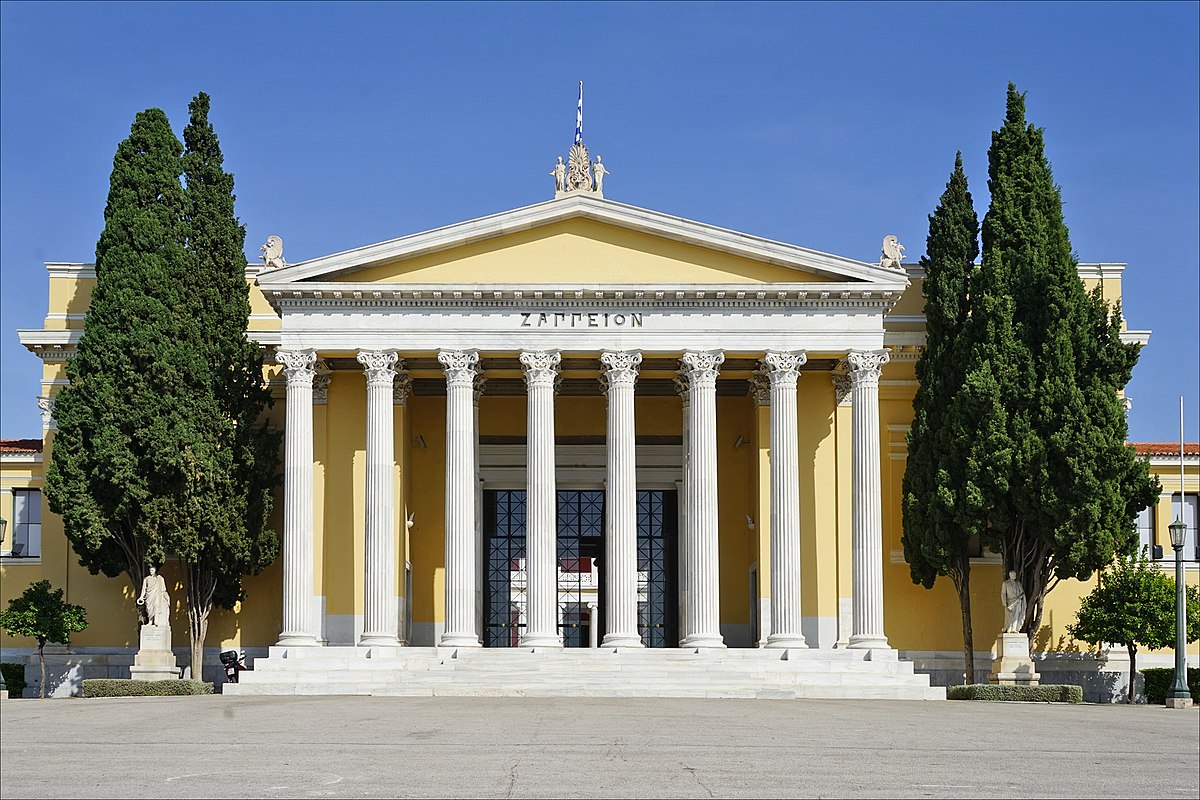There are precedents St Dominic in Cordoba was split with half being a church and half a mosque for about 70 years, then was taken over completely by the Muslims. And the church of the Nativity has a part used for Muslim prayer for the past 14 centuries, the part doesn't even have icons to e more accomodating to the Muslims. Of course this has not been decreed by political decision...
Any major POD in WW1 is bound to have severe effects. Changing Greece and Turkey around late1920 will of course have its own effects but trends like the rise of the Nazis in Germany? That particular train wreck is too difficult derail.
Why it looks like a good nice compromise... at the time of decision.
At this point the Italian zone has about 54,000 Greeks and 238,000 Turks. The Dodecanese has about 102,000 more Greeks and maybe 2-3,000 Turks. The Greeks in the mainland are also heavily concentrated in certain areas, over half are in Soke district, right in the border between Greek Ionia and the Italian zone and another 20,000 are in the Makri/Fethiye, Halicaranasus/Bodrum and Miletus/Milas districts.
That's something that needs to be dealt with when the time comes. But the first time to happen is in 1974 when the third day of the Kurban bayram coincides with the Theophany in January 6th and the the first day of the next Kurban bayram coincides with Christmas. Interesting year...
Of course the iconography will be uncovered. Why it's a museum remember?How the Muslims deal with it? His majesty the not quite sultan has put curtains I believe this year...
I actually have a pretty good idea what happens to both Panionios and Apollon. AEK and PAOK... why they do not exist, their parent A.S.P. (Athlitikos Syllogos Peran) the Pera Sports Club is very much around. What I'm actually not certain about is... Olympiakos (and Ethnikos). Its parents Peiraikos Syndesmos and Peiraiki Enosi are still very much around and their football teams are due to unite to the APS Piraeus (Athlitikos Podosfairikos sullogos Peiraios) in late 1923. But why this one broke up into Olympiakos and Ethnikos within a year afterwards?
The Blue mosque is still very much under Turkish control and in operation. As is Fatih and Suleymaniye of course. Some Greeks would probably want to see Fatih turned to a church as it's built in the place of the demolished Holy Apostles but any such ideas were rejected out of hand by saner heads, the Greek government included.
Nazi Germany is sort of too contingent but also with a fair bit of momentum behind it. I mean if Hitler got cancer or something maybe Strasser or whoever would take over, which would put a very different spin on things; to say nothing of Ludendorff or Hindenburg or someone else trying to institute a military dictatorship. And even assuming butterflies, can we say that from 1920 we still get Munich- the successful Sickle Cut through Belgium- and everything else? That would strain credulity IMO; it isn't impossible and if that is the goal of a story ("what if Megali Greece was in WWII") then there's nothing wrong with saying that the dominoes fall the same way, but that comes down to what you as an author want to get out of the story; for myself I tend to take a more... chaotic approach. That means more work and an easy risk of burnout, but also more freedom and at times more fun. In the end it comes down to what you're trying to do.
In any case I'd say that Italy is the most obviously affected, along with the Balkans generally. If we still get the whole train, Great Depression -> Hitler -> Ethiopia -> embargo on Italy -> Axis -> Tripartate Pact -> WWII, then there are two big differences- OTL the Italians traded a lot with the USSR to make up for the British and French embargo; if Greece decided to stick her nose in more forcefully then that route might be affected. More to the point if we still get an invasion of Greece (not guaranteed, IMO, but not impossible) then that drags in the Turks and might well trigger a USSR response, as the Dardanelles are strategically sensitive enough to probably cause Stalin to react more baldly to an Axis occupation. Perhaps Stalin listens to the warnings about Barbarossa... or launches a pre-emptive assault. I think that the Corfu Incident is likely averted regardless, probably replaced by some crisis over Dalmatia or Albania instead, as the Greeks are a bit too strong for a newly ensconced Mussolini to feel comfortable picking on IMO.

